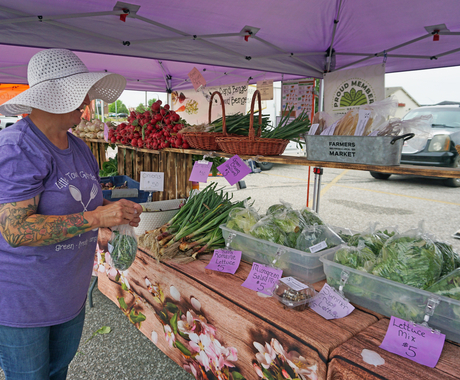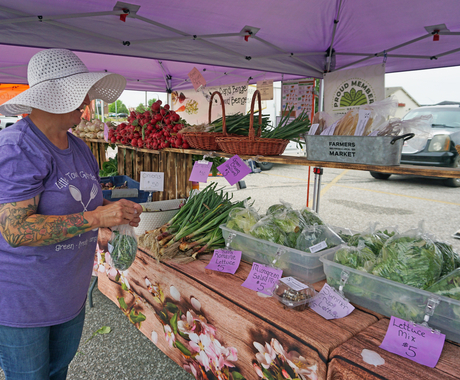Anna Johnson, policy manager, annaj@cfra.org, 402.687.2100; or Rhea Landholm, brand marketing and communications manager, rheal@cfra.org or 402.687.2100 ext. 1025
LYONS, NEBRASKA - The Center for Rural Affairs is seeking participants in the Conservation Reserve Program - Transition Incentives Program (CRP-TIP) to learn more about how CRP-TIP is being implemented. Landowners in Iowa, Nebraska, North Dakota or South Dakota who have participated in CRP-TIP are encouraged to contact the Center to talk about their experiences with the program.
“One of the major barriers to getting started in farming is access to land,” commented Anna Johnson with the Center for Rural Affairs. “And we know we can learn a lot from both beginning farmers and ranchers as well as landowners who have utilized the CRP-TIP program. That’s why it is vitally important that we talk with people that have put this program to work, on the ground.”
According to Johnson, the CRP-TIP program provides a valuable opportunity both for beginning and socially disadvantaged farmers to get started in agriculture and for conservation practices to be implemented on more acres. CRP provides payments to landowners for taking environmentally sensitive land out of production for a period of time. It is administered by the U.S. Department of Agriculture, Farm Service Agency. CRP-TIP is a relatively new part of the program. Landowners with expiring CRP contracts are eligible for two additional years of payments if they sell or rent their land to a beginning or socially disadvantaged farmer or rancher. That farmer or rancher then has to use sustainable farming or grazing practices on the land.
“The CRP-TIP program was created through the 2008 Farm Bill,” continued Johnson. “With the next farm bill debate beginning in earnest next year, we believe it is more important than ever to hear from farmers, ranchers and landowners about how this program works and how we could make it work even better.”
The Center for Rural Affairs, Dakota Rural Action, and the National Sustainable Agriculture Coalition, in cooperation with the USDA Farm Service Agency have embarked on this project to learn more about the impact of CRP-TIP and look for ways to improve the implementation of the program.
# # #



